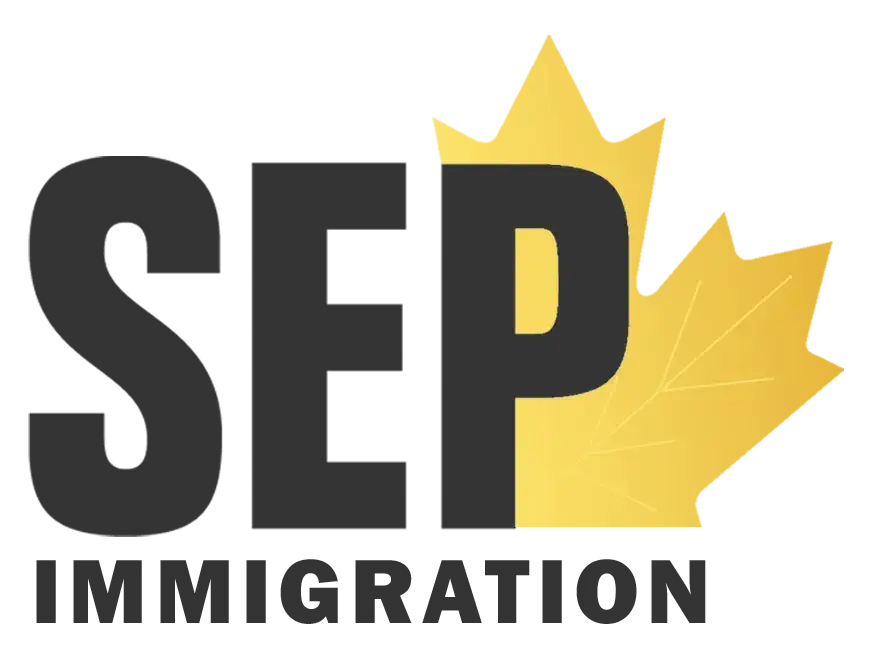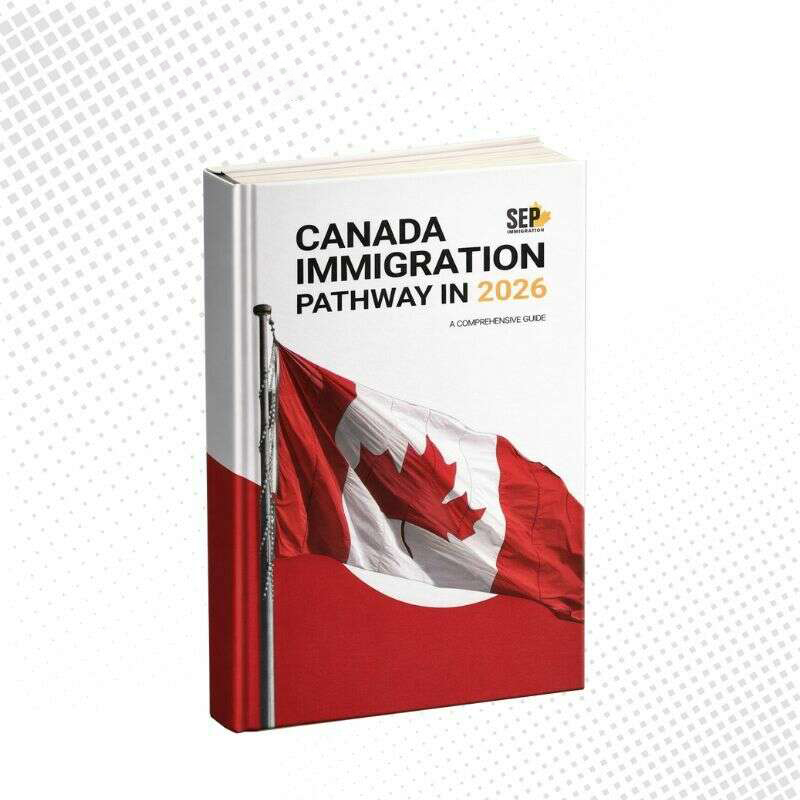Canada as a liberal and rich country is a popular destination for many immigrants and asylum seekers from all over the world every year. The Immigration and Refugee Protection Act requires that every person wants to enter Canada must appear for an examination at a port of entry to determine whether that person has a right to enter Canada, or may become authorized to enter and remain in Canada. CBSA or IRCC officials will determine if an individual is eligible to make an asylum claim in Canada.
Table of Contents
ToggleImmigration Applicants
The cases of immigrants are processed by Immigration, Refugees, and Citizenship Canada (IRCC) office. Individuals who are accepted by IRCC, arrive in Canada as permanent residents.
· Spouses and dependent children: Children who are 22 or over with physical or mental disabilities are eligible to be processed as dependent. These Sponsorship applications take approximately 12 months or less to process from start to finish. You are eligible for this type sponsorship if you are at least 18 years old, be a Canadian citizen or permanent resident, and able to provide for the basic financial needs of your spouse and dependent children. The costs of sponsorship include Sponsorship fee $75, Principal applicant processing fee $475, Right of permanent residence fee $500, Biometrics: $85 are in total $1135. If you are sponsoring your spouse and they have dependent children, then an additional $150 payment will be required for each child included in the application.
Applicants must provide specific forms, such as IMM 1344 and IMM 5532, along with documents such as proof of relationship, medical exams, and financial information. Processing times can vary by country.· Economic immigrants: It is provided for people such as skilled workers and business people, who wish to become permanent residents of Canada based on their skills. Skilled Worker immigrants must have at least $10,000 when they enter Canada, plus an additional $2,000-3,000 for each dependent. Also, they need to have skills in English and/or French, foreign educational credential, and an Educational Credential Assessment by an agency approved by IRCC, enough work experience, and at least 18 years old. The evaluation process takes 6 months or less.
There are various immigration programs under economic immigration, such as the Federal Skilled Worker Program, Canadian Experience Class, and Provincial Nominee Program (PNP). Each program has specific eligibility criteria, including work experience and language proficiency.Book Free AssessmentAsylum Claimants
The cases of Asylum Claimants and Refugee seekers are processed by the Immigration and Refugee Board (IRB). Foreign nationals, who fear persecution, who are at serious risk of harm and who cannot get protection in their own country often seek refuge in Canada. People who are recognized as refugees are allowed to stay in Canada and may apply for permanent residence status, and eventually may apply to become Canadian citizens.
Individuals can make an asylum claim in Canada at a port of entry, at the border, after entry between official crossings, and at a Canada Border Services Agency (CBSA) inland office or an Immigration, Refugees and Citizenship Canada (IRCC) inland office. CBSA or IRCC officials will then determine if an individual is eligible to make an asylum claim.
Eligibility for asylum in Canada includes facing persecution based on race, religion, political opinion, or membership in a particular social group. The Pre-Removal Risk Assessment (PRRA) process is available for those who have been ordered to leave but wish to remain. Reasons for asylum claim rejection include the safe third country agreement or a previous asylum claim in another country.Benefits :Canada provides income support under the RAP to eligible refugees who cannot pay for their own basic needs. Support can include a: one-time household start-up allowance, and. monthly income support payment. You can legally work in Canada once you receive your work permit. The permit is free and can also be renewed for free if you are still waiting for your hearing with the Immigration and Refugee Board of Canada.Refugees also have access to healthcare under the Interim Federal Health Program (IFHP), as well as education and language training programs to support integration. Work permits are typically approved and renewed during the asylum process.
 FAQs
FAQsHow Long Does It Take to Get Asylum?
It tend to takes between 6 months and several years. The length of asylum process may vary depending on whether the asylum seeker filed affirmatively or defensively and on the particular facts of his or her asylum claim.
What Does an Immigration Lawyer Do?
An immigration lawyer assists clients with immigration-related issues, including applying for visas, permanent residency, asylum, and citizenship. They provide guidance on the application process, help clients prepare necessary documentation, represent clients in legal proceedings, and ensure that their rights are protected throughout the process. Immigration lawyers also keep up-to-date with changes in immigration law and policies to provide accurate legal advice. Their role is crucial in helping individuals navigate the often complex and bureaucratic immigration system.
Immigration lawyers need to stay informed about changes in policies through continuing legal education (CLE) and must possess cultural competence to understand and work effectively with clients from diverse backgrounds. Ethical responsibilities, including maintaining confidentiality and accurately representing clients, are also crucial.
What Skills Are Required?
Immigration lawyers require a unique set of skills to effectively assist their clients. These include:
- Legal Knowledge: A deep understanding of immigration laws, regulations, and procedures.
- Communication Skills: The ability to communicate complex legal information in a way that clients can understand.
- Analytical Skills: The ability to assess client situations and determine the best legal strategies.
- Empathy and Patience: Working with immigrants and asylum seekers often requires understanding their situations and providing emotional support.
- Attention to Detail: Immigration applications involve numerous forms and documents; accuracy is critical to avoid delays or rejections.
How to Get Into Immigration Law?
To become an immigration lawyer, you typically need to complete a law degree (Juris Doctor) and pass the bar exam in your jurisdiction. Specializing in immigration law during your studies is advantageous, but not required. Law students interested in immigration law can take related courses and seek internships with law firms specializing in immigration. Joining professional organizations, such as the Canadian Bar Association’s Immigration Law Section, can also provide networking opportunities and access to resources that are valuable for building a career in this field.
Gaining Immigration Law Work Experience
Gaining work experience in immigration law is essential for building a successful career. Law students and recent graduates can intern or work as legal assistants at law firms specializing in immigration. Volunteering at non-profit organizations that provide legal services to immigrants and refugees is also a great way to gain hands-on experience. Working with experienced immigration lawyers allows aspiring lawyers to learn the intricacies of the field, build a professional network, and develop practical skills that are essential for success.Summary
Asylum claimants are not placed ahead of immigrants who already have applications in progress; they are two separate processes. If your claim for refugee status is rejected and you are found to be inadmissible, it means you may not enter or stay in Canada. If you have exhausted all the appeal and review options for challenging your removal, your removal order will come into force allowing the Canada Border Services Agency (CBSA) to remove you from Canada.
Due to the current pandemic, the Government of Canada has implemented temporary changes to various immigration programs and procedures. For the most up-to-date information, visit canada.ca. You can make a refugee claim within Canada when you arrive by land, sea or air. You can make a refugee claim outside of Canada, if you are sponsored by the government or a private group.
Why choose us?
We have been helping many applicants to become permanent residents for years and we have a high success rate. Our clients from almost 20 different countries have experienced this with us and you can be the next successful one. We know how to prepare documents and how to make your immigration process smooth and easy for you. Contact us HERE to start the process today!
If you are not a Canadian Permanent Resident yet and you are not sure what the best way for you to immigrate to Canada is, please fill out our assessment form HERE and we will get back to you with your possible options.
Contact Us





